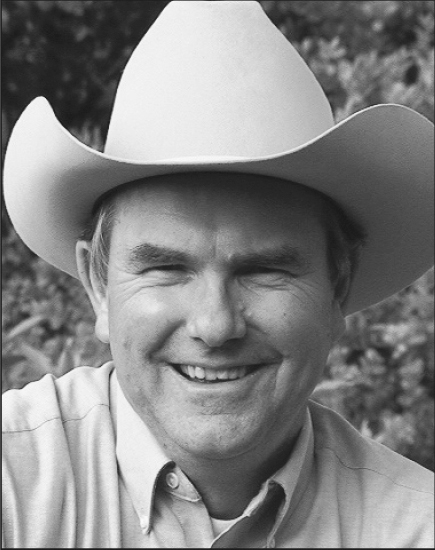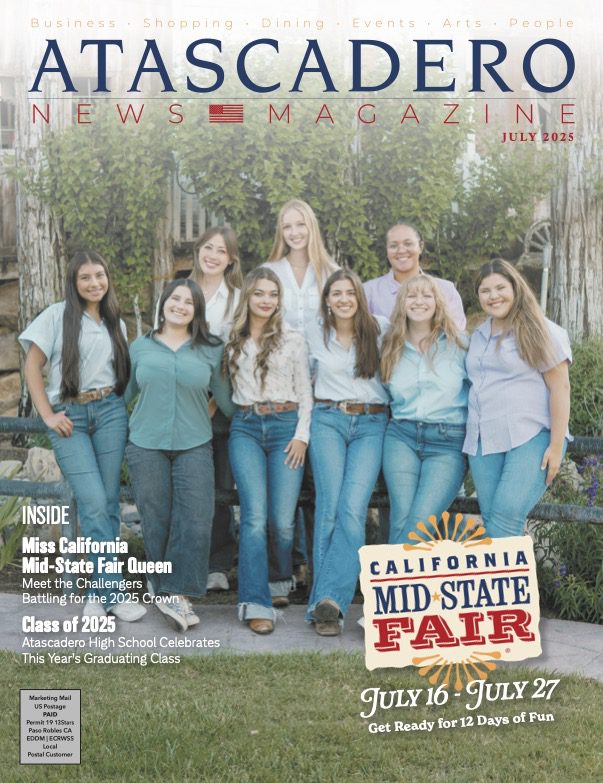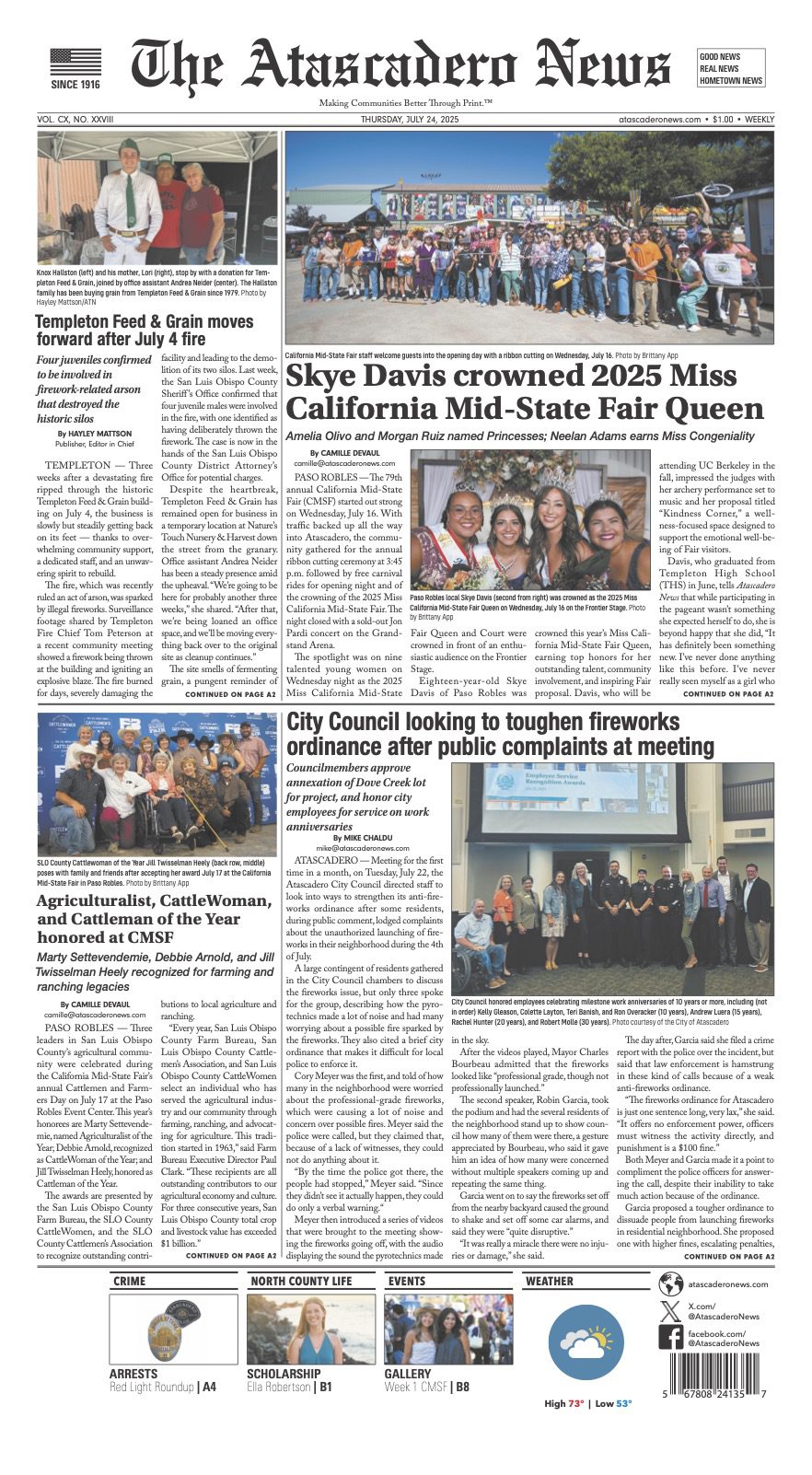By Lee Pitts
Far too often, we forget how lucky we are to live in America. When our life’s lottery ticket was punched, we definitely hit the jackpot. Every so often, it’s good to remind ourselves what it is that makes our country so special.

The recipe that made America great calls for one giant melting pot that has been well oiled by freedom. The main ingredient is that someone in your family came here from someplace else. They came so they wouldn’t have to goose step in some May Day parade, hide their faces behind a veil, live on their knees, or wouldn’t have to crack the heels of their boots together and “sieg heil” anyone ever again. They live here so they wouldn’t have to live in fear of being imprisoned for having a contrary opinion. They came to America so they could dare to dream and live their own lives, not one dictated by a despot, tyrant, potentate, or dictator.
In this melting pot, slowly stir in American Indians and their culture of spirituality, respect for their elders, and love of the land. Then add thousands of Chinese who left a homeland that would have hung them for trying to leave. The Chinese came anyway even though they were despised and would’ve been hung on the nearest tree for doing anything wrong. They came to build a railroad, the Central Pacific, from Sacramento over and through the mighty Sierra’s to Promontory Point, and now their descendants are graduating with honors from Stanford and building tech companies worth billions of dollars.
Our recipe calls for a big glass full of Irish. If the Chinese built the western part of the rails, it was the Irish who laid the eastern ones. The Irish left a worn-out land that offered them only poverty and starvation, to a new country that suited them well. After the bare-knuckled brawlers helped build the railroads, they built our towns and cities too. Today you can still walk into neighborhood pubs in America, hear a bit of the Irish brogue and swear you were back in Dublin.
Don’t forget to add Italians, Germans, and other Europeans who came first for the gold and then the silver in the Comstock Load. When their gold pans and sluice boxes came up empty, they mined the miners. A German named Levi sold them denim pants, an Italian named Giannini built Bank of America, and thousands of other immigrants started companies that still stand today.
The Russians came for our whales, created villages in Northern California, and ended up selling Alaska to us at a bargain price. Scotsmen came to build great ranching empires, and the Cubans risked their lives and came in leaky boats to get a good taste of our freedom. The French came for our furs and ended up opening up the west. The Cajuns in the South gave our country a healthy dose of spice and joie de vivre (a delight in being alive).
Mexicans came to pick our fruit and farm our fields, and they added a strong work ethic and love of family to the American concoction. Today if you travel America’s Southwest, you’ll find at least one good Mexican food restaurant in every town and that English is quite often the second language. It’s a reminder that the Mexicans owned the Southwest long before the Anglos arrived.
Many races were added to our mumbo-jumbo hodgepodge as a result of wars. The South Vietnamese came because they would have been executed had they stayed at home, and the Thais, Cambodians, and Laotians likewise. Iranians arrived after the Shah was deposed in 1979, and Japanese had been loyal American citizens long before we herded them into internment camps during World War II.
A vital ingredient in our American stew were the blacks from Africa who came against their will. We fought a war for their freedom, and their descendants have added so much color to our culture in sports, music, and entertainment. Today they are the heart and soul of urban America.
Stir this mix all together, and you have American families of all sorts of permutations and possibilities. Let it stew for 250 years, and you end up with us. As in the United States. There has never been nor ever will be anything quite like US ever again.











